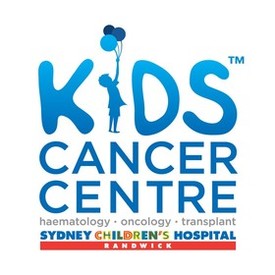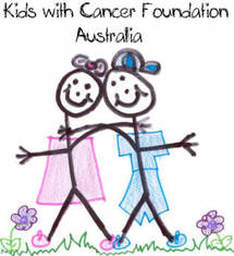As a two-time cancer survivor, I feel incredibly privileged to be able to work with the BSU on studies and interventions that I know are helping to take steps towards making a positive difference in the lives of children and young people with cancer and their families.
I was first diagnosed with Acute Lymphoblastic Leukaemia when I was 2 ½. I was born in Pennsylvania, in the U.S., so I went through 2 ½ years of chemotherapy at the Children’s Hospital of Philadelphia. Fortunately, the treatment was successful and I went into remission. I do not remember almost anything from that first bout with cancer. However, in June of 2007, at the age of 13, about 10 years after my initial diagnosis, my leukaemia relapsed. I then had to go through another 2 ½ years of chemotherapy, this time also accompanied by 2 weeks of radiation to my head. I was living in Maryland, in the U.S. at the time, so was treated at Johns Hopkins Hospital.
Going through cancer treatment as a teenager changed my life in more ways that I can count. Unlike the treatment I went through as a child, as a teenager, I understood exactly what was happening to me and remember everything I went through. Because of the intensity of my treatment and its impact on my immune system, I was not allowed to go to school for the entire first year and a half of my treatment. Instead, I was taught at home, by a teacher provided by my state’s home and hospital teaching program (a luxury that I later found out does not exist in most states in the U.S.). The social isolation imposed by my treatment, and the difficulty I had relating to my peers when I finally did go back to school, were incredibly difficult to manage. In many ways, I found the social and emotional challenges of going through cancer treatment as a teenager to be more difficult to handle than the physical impact of treatment.
The social and emotional challenges resulting from the isolation, physical changes (hair loss, scarring, weight gain, etc.), and extended amount of time I spent only around adults, were made even harder by the fact that it was nearly impossible to find other people my age who could understand what I was going through. I felt like I was the only one whose life was completely out of control. The playroom was for little kids and the support groups were for adults. Where did I fit in?
I wished for a guide, a kind of road map, that could tell me what to expect and help me understand what I could do to maintain a positive attitude, and manage the isolation and social challenges. At one of my low points, my mom said something to me that has stuck with me since then: “Clarissa, you have to take this adversity and turn it into an opportunity.”
I decided to follow her advice. Once my treatment ended, in 2009, I made it my mission to create a guide for teens and young adults with cancer that would walk them through the stages of cancer treatment and provide advice and resources to help them manage the challenges they face along the way. I thought, this guide is the perfect opportunity for me to help other young people with cancer and turn the adversity I faced into something useful.
I began my path towards writing the book by starting a blog, which I continue to update, at www.teen-cancer.com. I finally finished my book, Riding the Cancer Coaster: Survival Guide for Teens and Young Adults, in August of 2015, and it was published that October. You can find the book on Amazon.com.au and it is available for purchase in either print or e-book format.
Since publication, Johns Hopkins Paediatric Oncology and Duke University Health System Teen and Young Adult Oncology have each begun to share the book with their new teen and young adult patients. I am grateful to have been able to use my experience to help other young people with cancer because it gives a sense of purpose to the difficult things I went through.
That is why I always encourage young people who have or have had cancer to take the adversity of the cancer experience and turn it into an opportunity, whatever that may be. It could be:
- An opportunity to take the time you are missing your friends in school to focus more on your schoolwork at home, and do it well
- An opportunity to spend more time on hobbies you enjoy
- An opportunity to learn from the adults you meet in the hospital (doctors, nurses, social workers, psychologists, hospital learning support staff, etc) and possibly get inspired by them to pursue a similar career path
- An opportunity to share your story at a fundraiser for cancer research or a cancer organisation you love, to let donors know why those causes are so important
- An opportunity to reinvent yourself and start fresh – trying new hairstyles, making new friends, getting involved in new activities, and doing things you may not have done before
When I set out to write my book, I never expected it would lead me to a career in research to find ways to improve the quality of life of young people with cancer and their families. But, I continue to find purpose in my experiences with cancer. I am very glad those experiences led me to where I am today, so that I may continue to make a difference, even if only in small ways.


 RSS Feed
RSS Feed